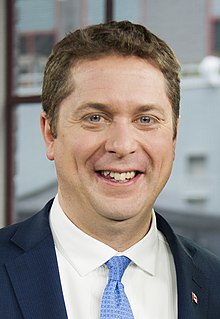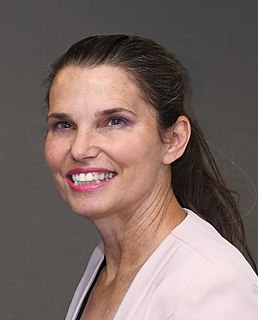A Quote by John Major
I thought I could do something different from any Conservative prime minister before me. But I couldn't.
Related Quotes
There are some issues where ministers should come and talk to the prime minister, if the prime minister hasn't already talked to them. Any issue which a minister thinks is going to be profoundly controversial, where we do not have a clear existing position, it is important that there be a conversation between the minister and the prime minister. I think they all understand that and I think it is working very well.
I was a very senior minister in the Howard government and I sat around this particular table [in the prime ministerial office] in many discussions. The difference between being a senior minister and the prime minister is that ultimately the buck does stop with the prime minister and in the end the prime minister has to make those critical judgement calls and that's the big difference.
In our party, for the post of the prime minister or chief minister, there is no race, and nor does anyone stake their claim. Who will be the prime minister or chief minister, either our parliamentary board decides on this or the elected MLAs, in the case of chief minister, and MPs, in the case of the prime minister, select their leader.
I'll tell you whose view on [Bashar] Assad is the same as mine. It's Prime Minister [Benjamin] Netanyahu. Prime Minister Netanyahu has said Israel doesn't have a dog in that fight because Assad is a puppet of Iran, a Shia radical Islamic terrorist, but at the same time, Prime Minister Netanyahu doesn't want to see Syria governed by ISIS.
I used to think I should like to be a bookbinder or bookseller it seemed to me a most delightful trade and I wished or thought of nothing better. More lately I thought I should be a minister, it seemed so serious and useful a profession, and I entered but little into the merits of religion and the duties of a minister. Every one dissuaded me from the notion, and before I arrived at any age to require a real decision, science had claimed me.
The landscape in academic science is traditionally male-dominated. Women didn't always see themselves there - there was a lack of role models, a lack of champions. It really helped when the Prime Minister appointed a gender-balanced cabinet. That was well-received and people realized that, if the Prime Minister could do it, why can't there be equity other places?































